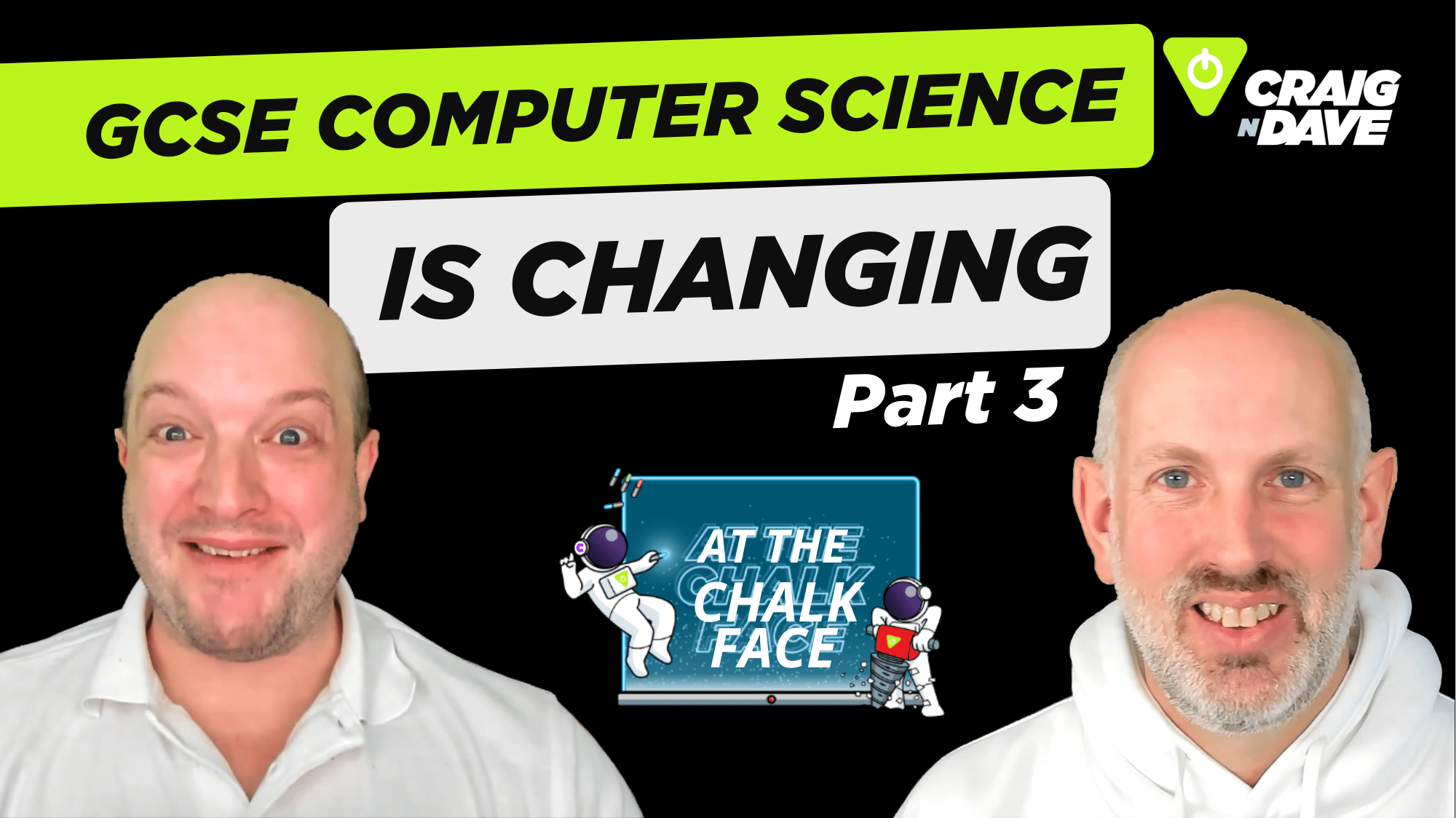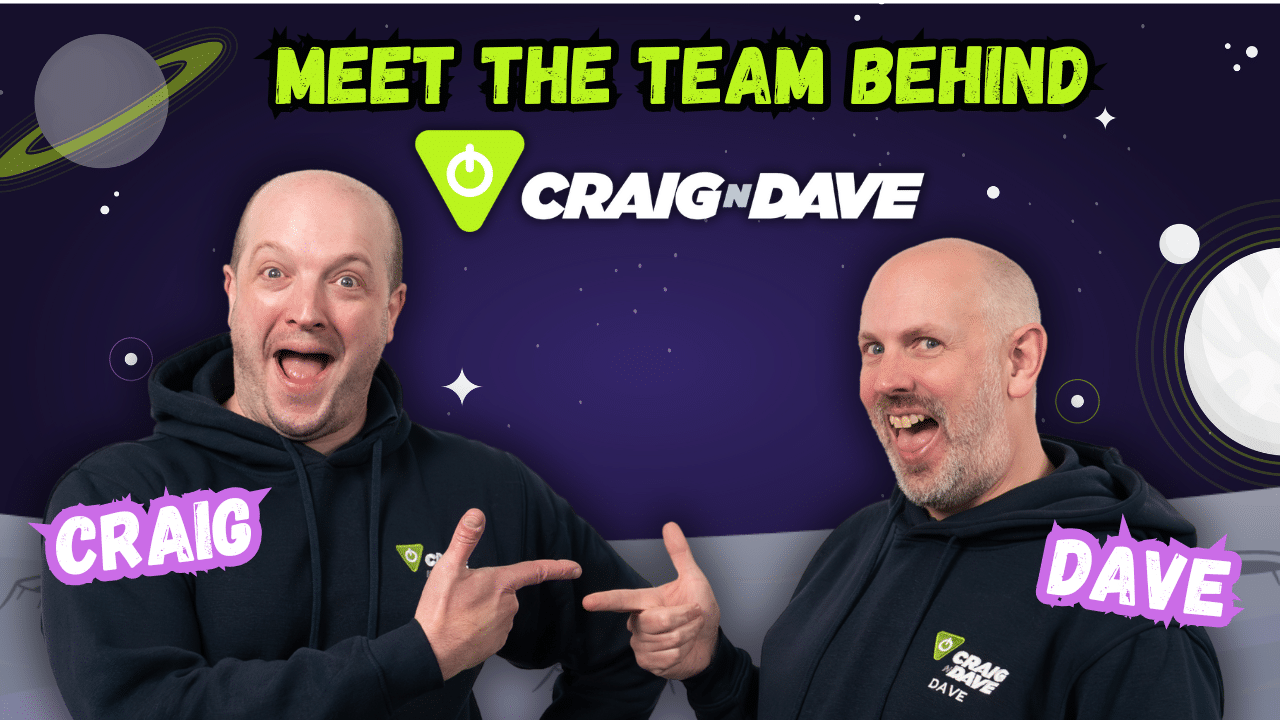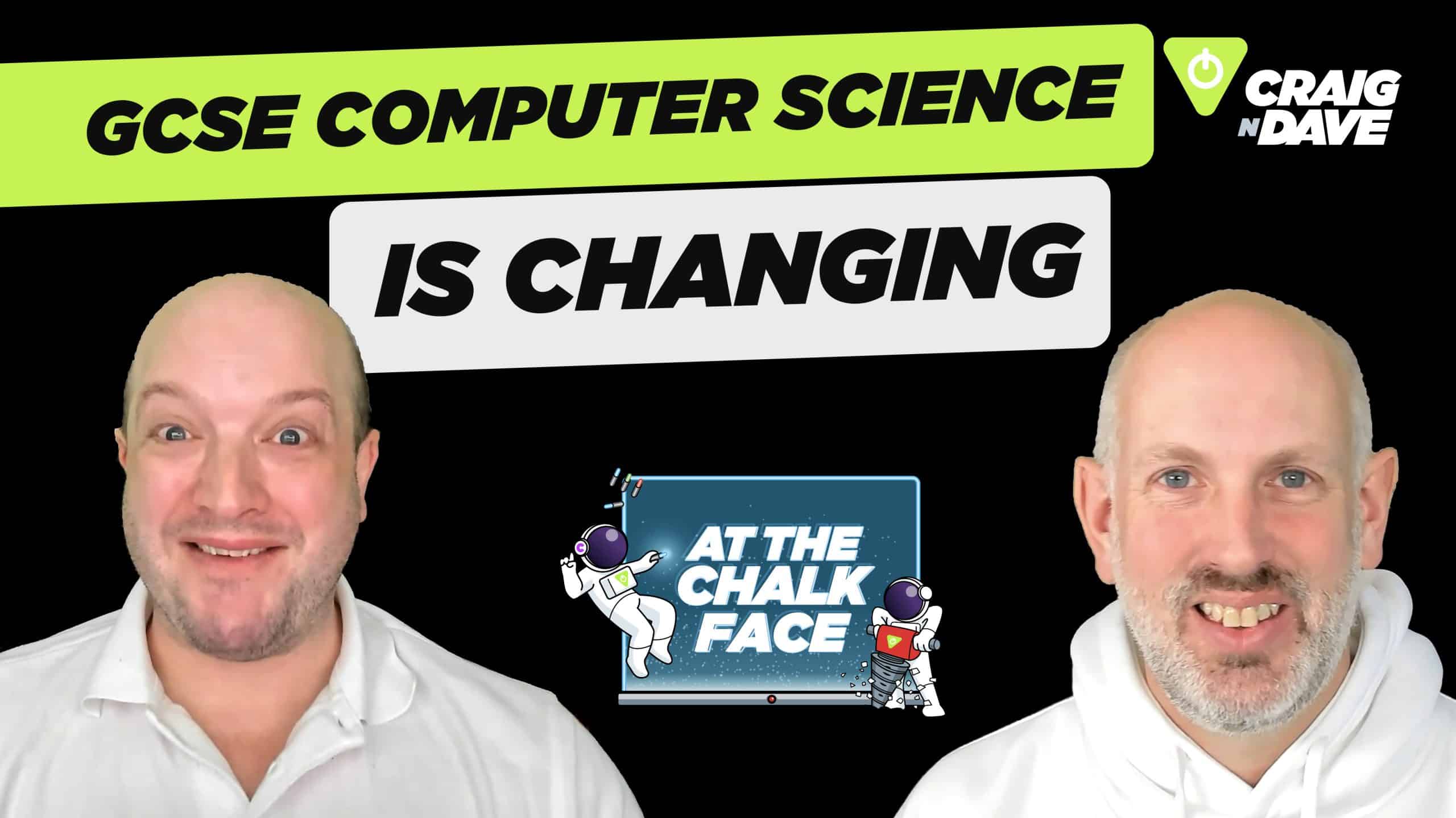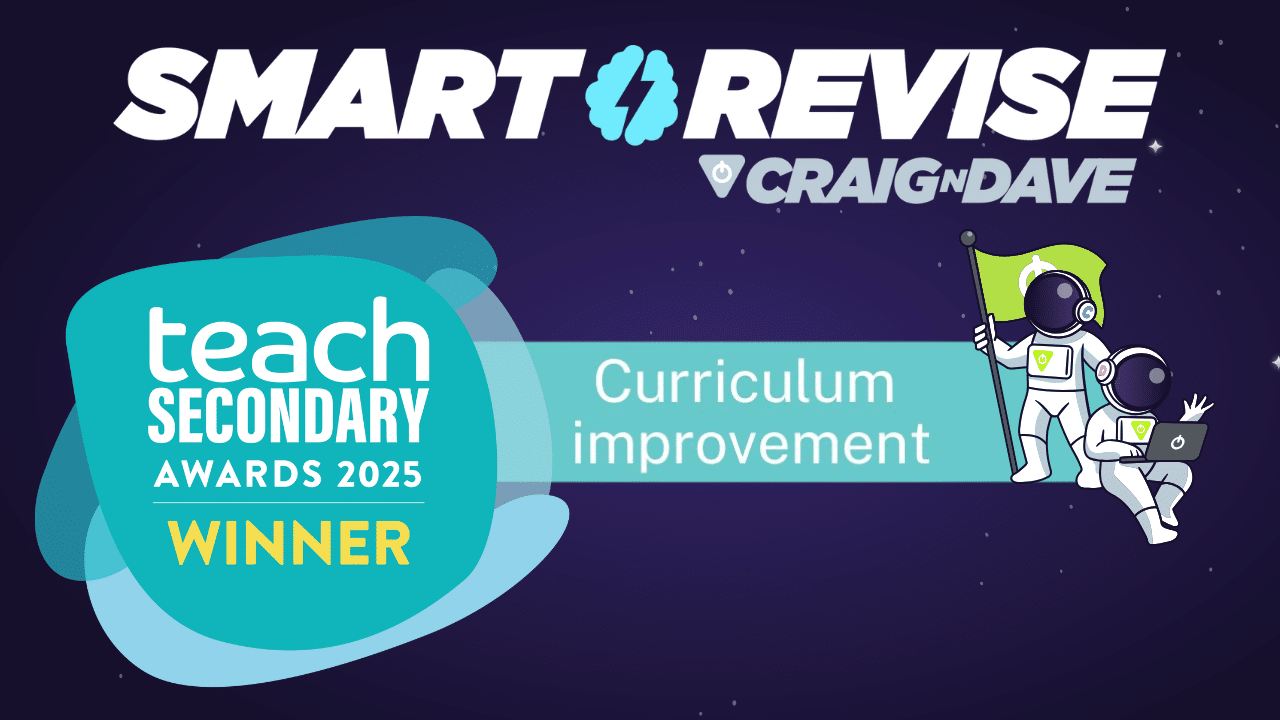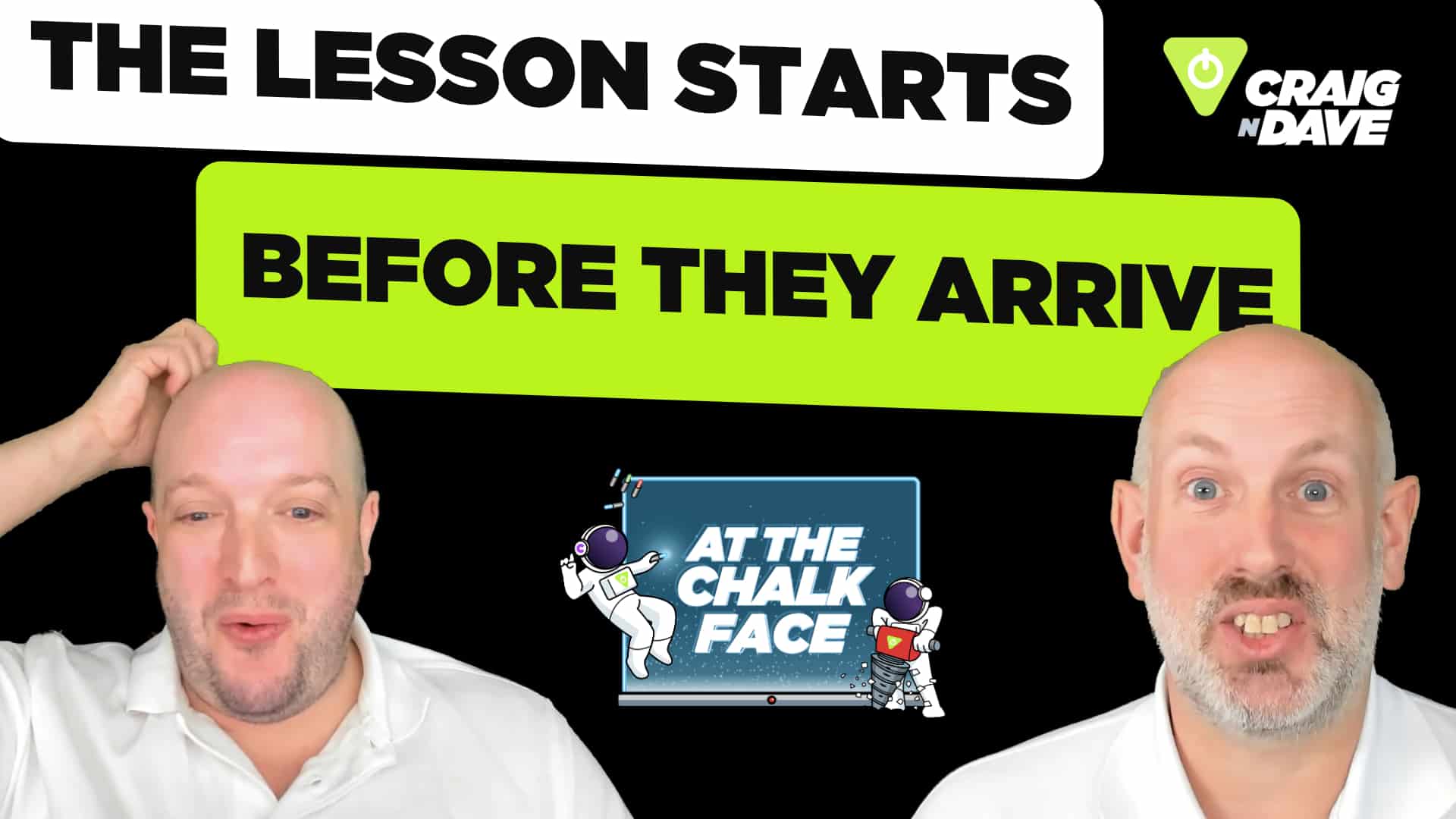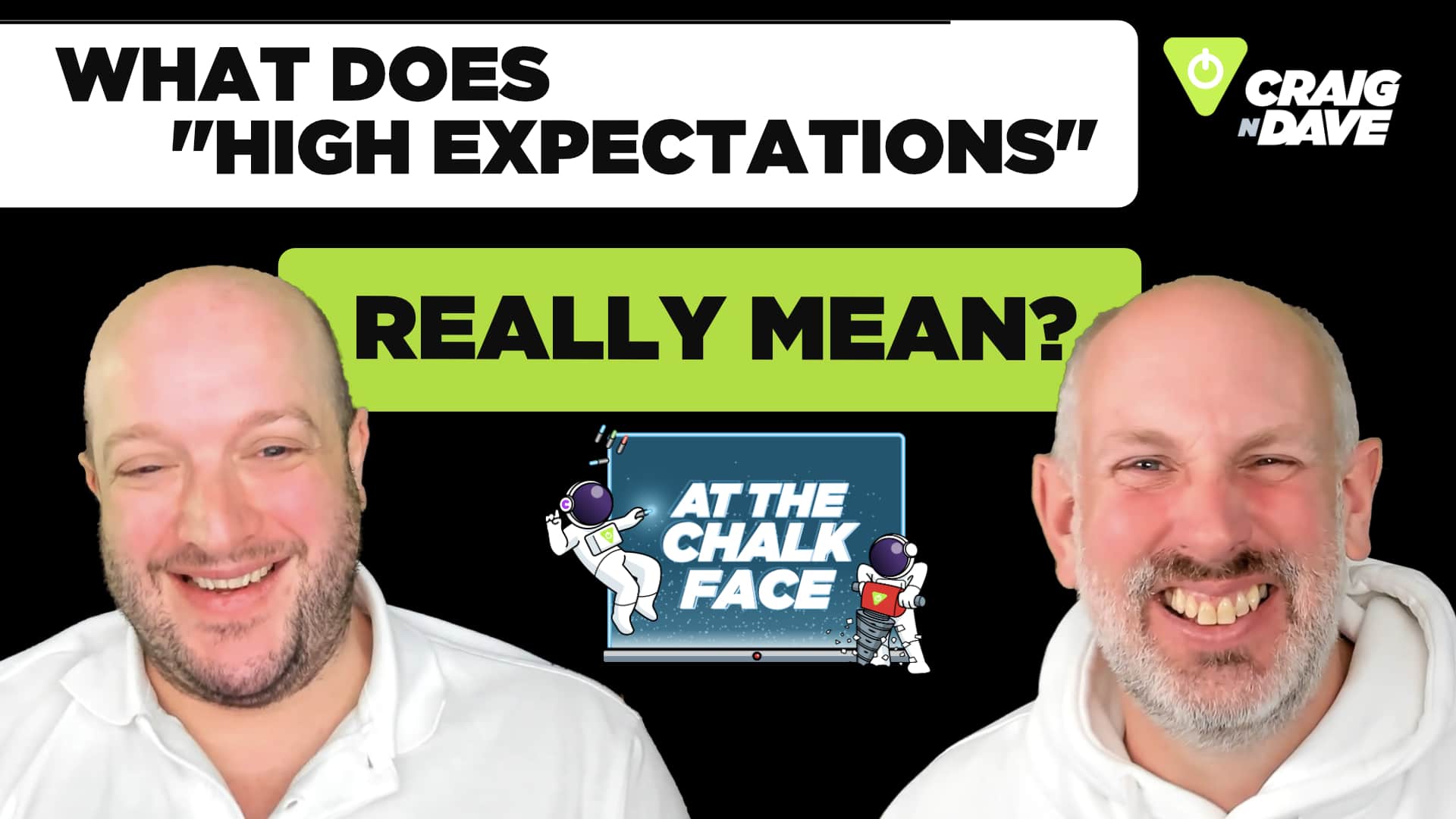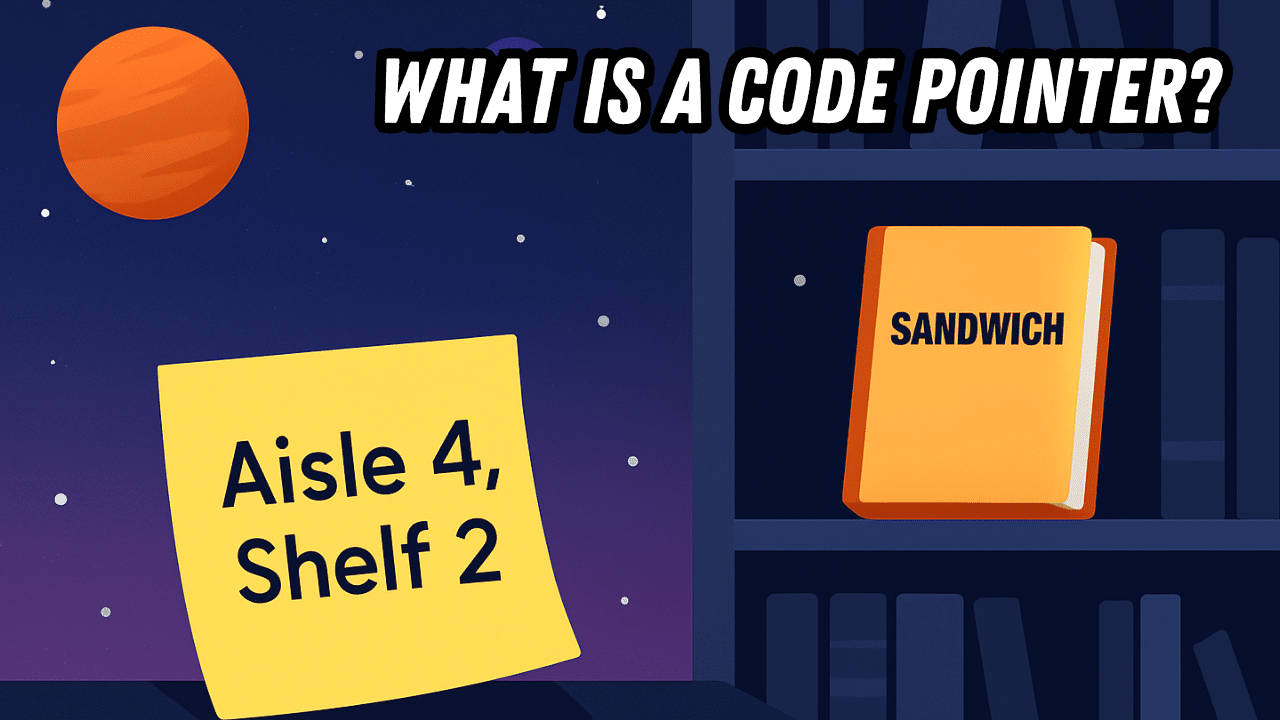
30 September 2025
What is an API?
If you’ve finally mastered loops, arrays, and surviving the classroom Java-vs-Python debate, you might feel ready to take on the coding world. But then along comes a new acronym: API. Don’t panic. You’re not alone if your first reaction was, “Another one? Really?”
API = Application Programming Interface
Yes, it sounds like something out of a dry tech conference, but APIs are anything but boring. Imagine you’re at a restaurant. The menu? That’s your API. It tells you what you can request. You don’t need to know what’s happening behind the kitchen doors—you just place an order and get your food (hopefully not burnt).
In coding terms, you’re the customer, the kitchen is a remote service (like Spotify or Reddit), and the waiter carrying your request back and forth is the API. You simply ask: “Give me the top 10 cat videos,” and voilà—the internet delivers.

Why should you care?
APIs let apps and websites talk to each other without getting too personal. It’s like texting a mate “Pizza?” rather than calling and ending up in a 45-minute chat about their nan’s budgie. APIs keep it short, efficient, and to the point.
They’re everywhere—from grabbing weather data to logging in via Google. And the best part? You don’t have to understand how the service works under the hood. You just point at the menu and say, “That one, please.”
APIs are the go-betweens that help your code work smarter, not harder. They’re your ticket to building powerful, connected apps without needing to know every detail of how other systems work.
Want to dive deeper into API’s? Watch the full video here.
Want to learn more about computer science and the latest tech trends?
Visit our website Craig’n’Dave for all the latest resources and insights.



